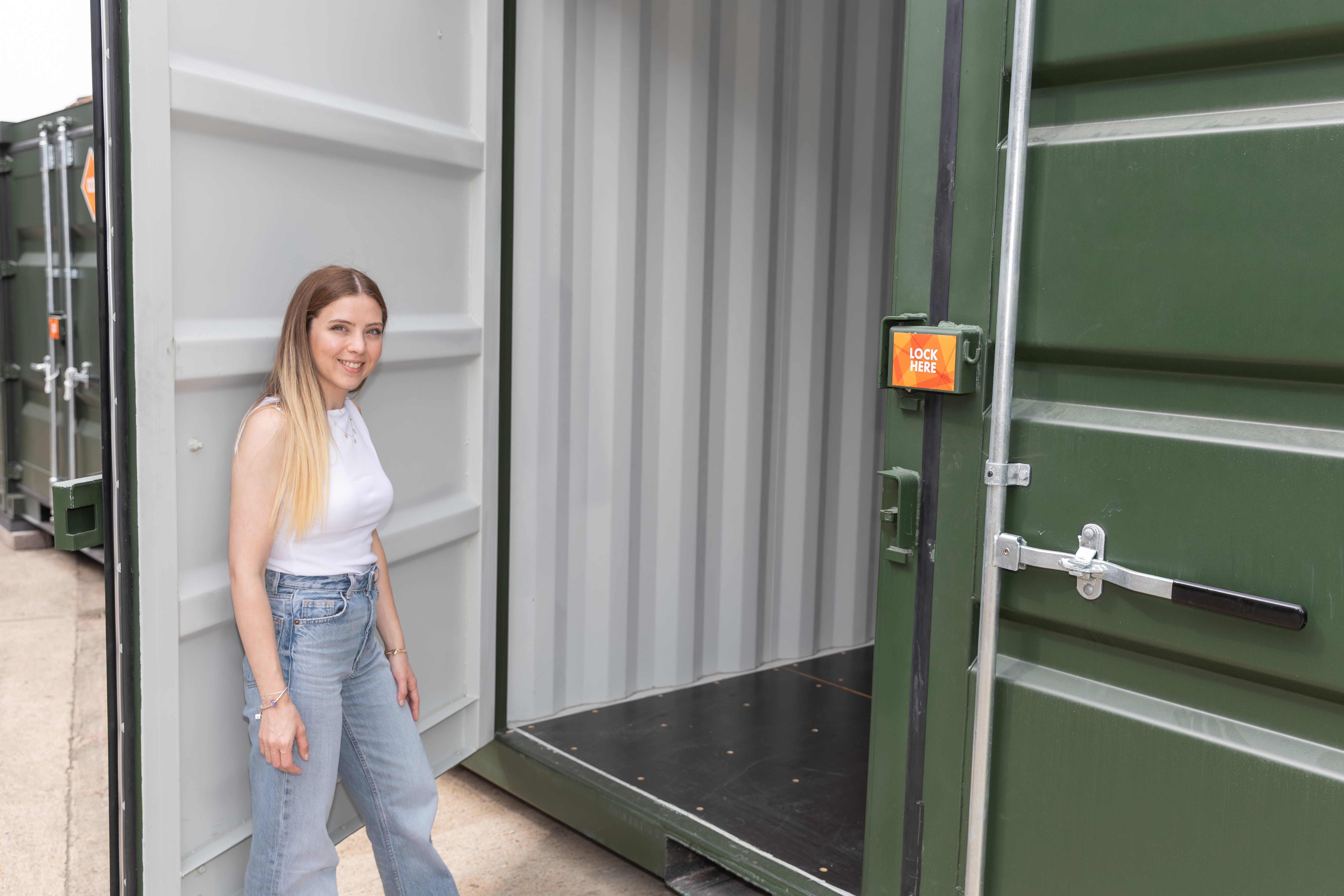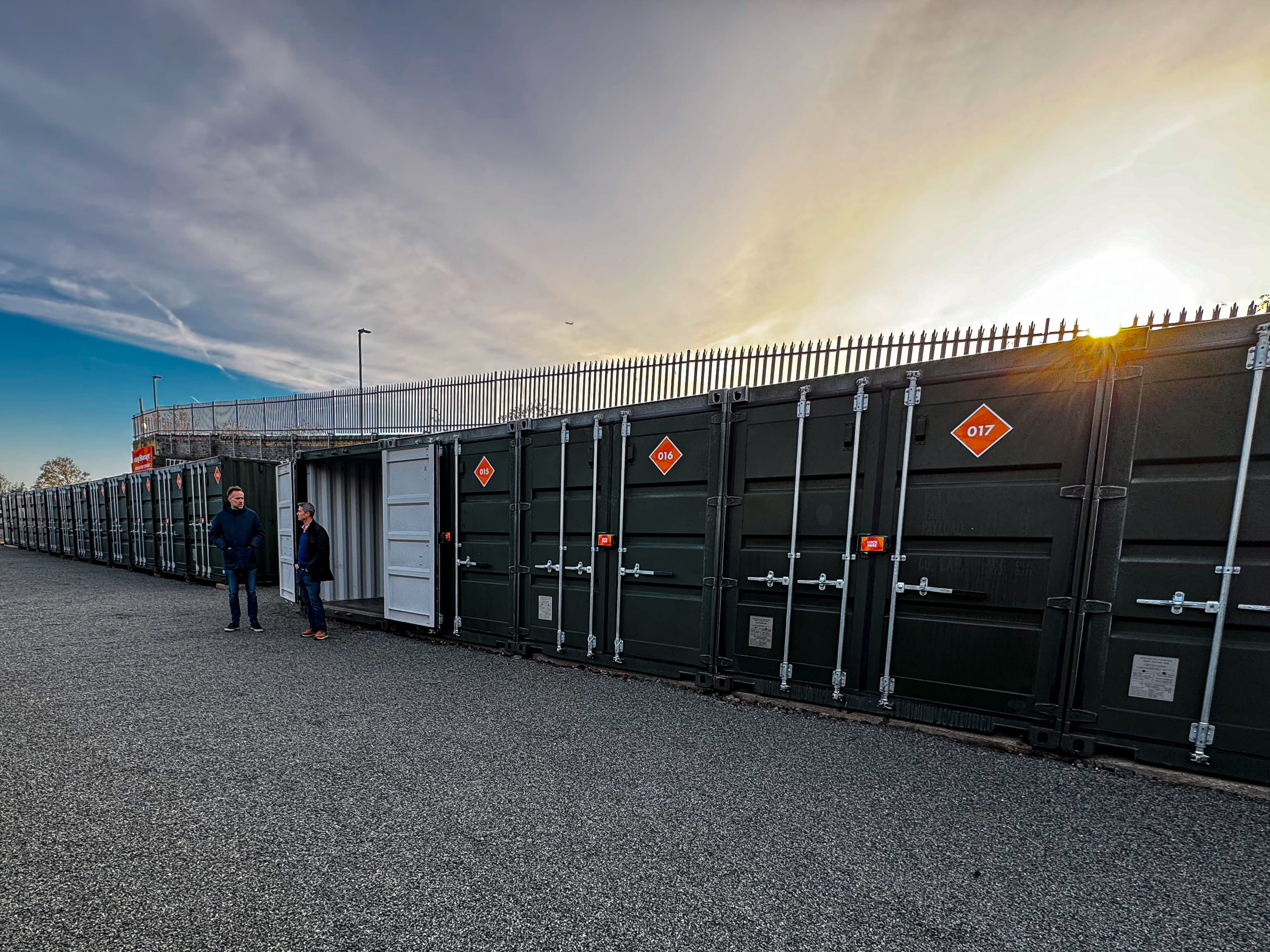The Great British Spring Clean – Ways to Help
The March equinox marks the beginning of spring and the end of winter – this year on March 20. Perfect excuse to spur ourselves into ‘spring cleaning mode’. But if that’s not enough to inspire you, it’s also Great British Spring Clean Day.
Whilst the first National Spring Clean Day in the UK happened in 1989, backed by children’s favourites, the Wombles, the wider event, the Great British Spring Clean (17 March – 2 April 2023) is in its eighth year. Keep Britain Tidy is exhorting us to tidy up. This year, the charity is challenging people to join the #BigBagChallenge and pledge to pick up as much litter as they can during the campaign, either as an individual, as a ‘group’ or even as a school.
Even the RSPCA, which answers an average 67 calls a week related to animals and litter, has added its voice and volunteers: https://www.rspca.org.uk/getinvolved/events/gbspringclean
District councils across the land are also joining forces, promoting the cause.
At time of writing, almost 25 thousand pledges were made for collecting bags of litter in 2023. We know that this number will increase, and are sad - as are we all - that this is necessary.
At easyStorage, we are among the first to advocate a good declutter and spring clean of our homes. What we do with the things we clear out and declutter matters.
So how do we make sure that we are decluttering in a way that doesn’t add to the need for a Great British Spring Clean? We put our heads together and came up with a top ten ways.
Top 10 ways to declutter for spring
1. Sell on good quality items. This is a win for your home space as well as a win for your wallet and avoiding waste. (Watch this blog for forthcoming help to sell online).
2. Organise a clothes swap. Good fun and you may find yourself with something you love.
3. Take good quality items to a charity shop – an all-round win as the charity will benefit, the person who buys your preloved items will give them a new life, and you are avoiding waste AND clutter. Make sure you take the items into them when the shop is open and ready to accept – many charities can’t or won’t take things left outside of their doors overnight.
4. For worn out textiles, call your local charity shop. Some get money for recycling textile waste - with good reason. Textile production produces an estimated 1.2 billion tonnes of CO2 equivalent per year, more than the total produced by international flights and maritime shipping combined (according to the UK Parliament’s Environmental Audit Committee report “Fixing Fashion”). Moreover, according to the World Bank, textile processing is responsible for a fifth of global water pollution.
5. If you choose to put items outside of your home with a ‘please take’ sign, keep an eye out to ensure it’s taken not trashed, and that if it isn’t taken, you dispose of it properly. To ensure that someone doesn’t see it, lug it off for half a mile and change their minds, dumping it elsewhere, why not try offering to friends, maybe via social media, or using a service like Freecycle.
6. Sort what you are disposing of into rubbish and recycling, according to what your local council recycles. (You can find out what this is via the government website: https://www.gov.uk/recycling-collections or on Recycle Now. https://www.recyclenow.com/
7. Go to a local waste disposal centre with what isn’t suitable for the bin or recycling. (The site above will help you find disposal centres)
Scrap metal dealers may collect metal items free. There is information on who is registered in areas in England here: https://environment.data.gov.uk/public-register/view/download-scrap-metal-dealers. (Outside of England, sorry, you may need a local Google search.)
Anything with a plug, battery or cable can be reused or recycled. Find out where here https://www.recycleyourelectricals.org.uk/
8. Composting! Yes,cotton and natural fibres can be composted, provided they aren’t mixed with synthetic fibres (like nylon.polyester).
9. Commit to never ‘fly tipping’ (the illegal dumping of waste, not just big items). Almost two thirds of the waste that’s fly-tipped are domestic waste, over a million incidents reported last year in England alone. Many view this as a ‘;victimless crime’, but of course it’s not. Clean ups are paid through local taxes, and the cost to the environment can be enormous. Keep Britain Tidy has calculated that highly feasible 16% reduction in fly tipping in London alone would save local councils 2.79 million pounds per year.
10. Upcycle. It can be fun ad what have you to lose? And if you can’t upcycle, why not offer to a friend or colleague who can..
Happy spring cleaning – and of course we at easyStorage are here to help you keep hold of the things you don’t want to or can’t part with, but don’t currently have space for: easyStorage is here– low cost AND as easy as the name suggests!
.png)

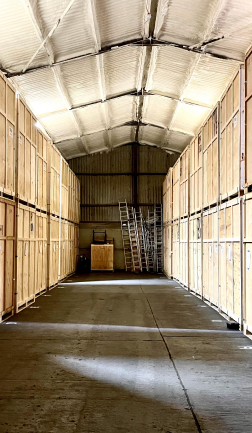
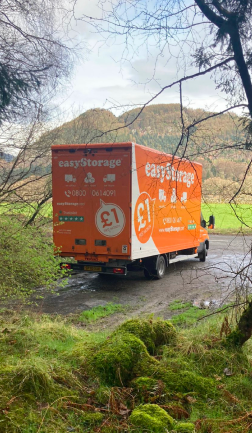
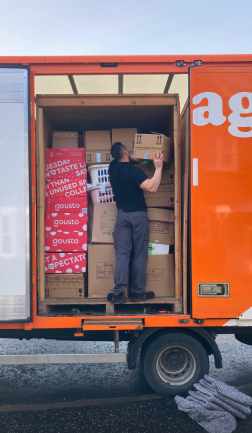
.png)

.png)

